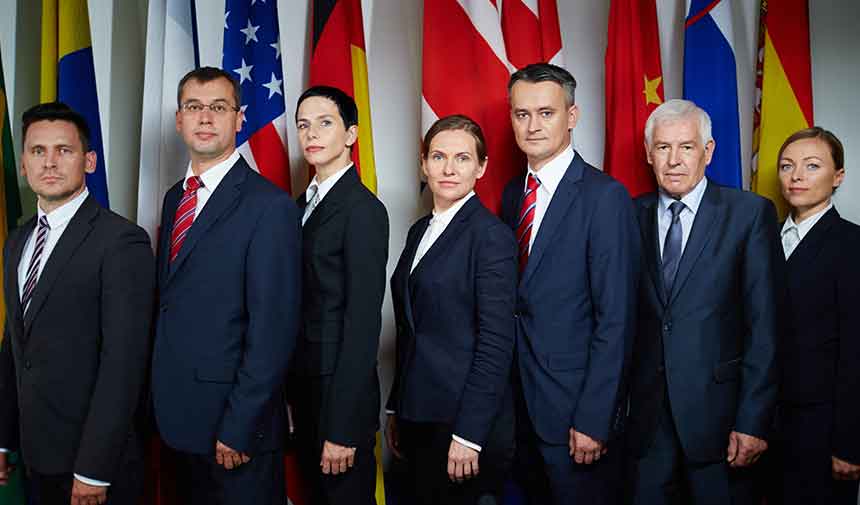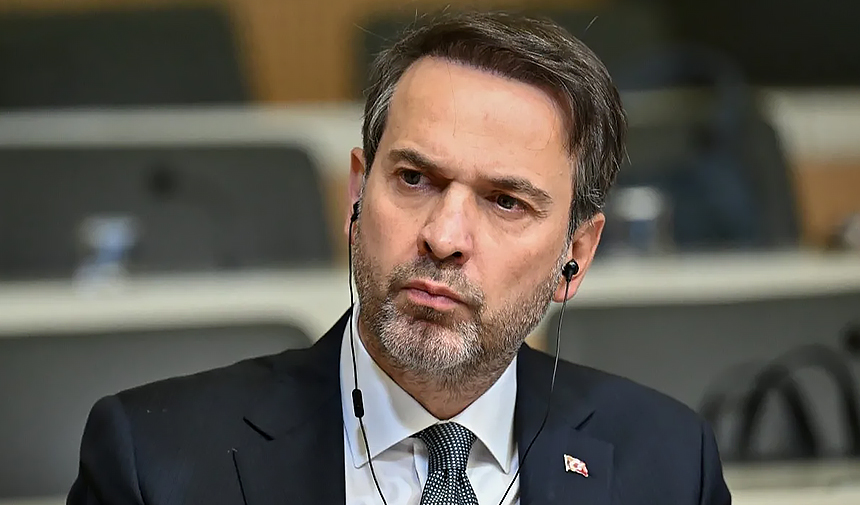The role of young people in international relations is becoming more and more important every day. The voices of young people in solving various problems around the world are critical in shaping not only the present, but also the future. In this article, we will explore how young people are playing an influential role in international relations and how this role may evolve in the coming years.
Young people have an increasing influence in international fora and have become important actors in global decision-making processes. This engagement takes place in a variety of ways, including through the work of civil society organizations, campaigning through social media and roles in international organizations. The active involvement of young people in these platforms allows them to raise awareness on important issues on the world agenda and bring innovative solutions to these issues.
Issues such as global climate change, sustainable development, peace and security are some of the areas where the influence of young people in international relations is most evident. Especially in the fight against climate change, young activists have been a significant force in pressuring world leaders to adopt bolder and more effective policies. Moreover, young people’s high aptitude for technology and social media provides a significant advantage in drawing attention to global issues and mobilizing large audiences.
To increase youth participation in international affairs, institutions such as the United Nations (UN) are developing youth-focused programs and policies. The UN’s Youth Strategy is an important step in promoting the inclusion of young people in international decision-making processes. This strategy aims to achieve global improvements in areas such as youth education, employment and health.
However, there are still some barriers that need to be overcome to increase the effectiveness of young people in international affairs. These include inequalities in access to education and resources, and limited opportunities for political representation and participation. Overcoming these challenges will enable young people to play a more influential role in the international arena and allow for more inclusive and innovative solutions to global challenges.
In the future, the role of youth in international affairs is likely to be further strengthened by technological advances and the expansion of global communication networks. Young people will act not only on behalf of their communities and countries, but also as global citizens. This new dynamic may lead to a more participatory, transparent and multilateral character of international relations. In this context, more platforms and opportunities need to be created for young people to make their voices heard. A world shaped by youth participation promises a more just and sustainable future for all.



